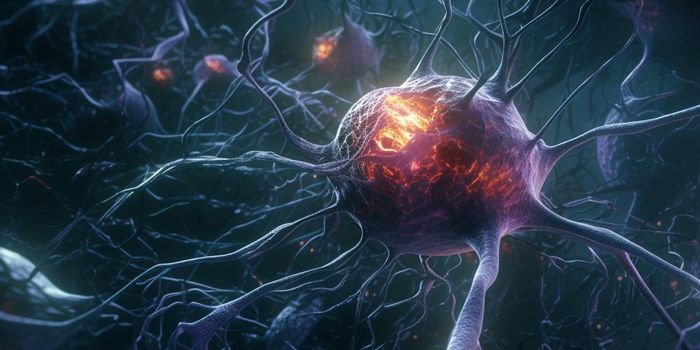New NIH Consortium Aims to Understand the Impact of Genetic Variants
Scientists sequenced most of the human genome, roughly 92 percent, about two decades ago. It took many years to complete the project for a few reasons, but mostly and simply because the genome contains some highly repetitive sequences that are extremely difficult to decipher. Now, most of the human genome has been completely sequenced (we're still missing a little bit of the Y chromosome's repetitive sequence). Now the work turns to understanding the billions of bases in the genome and how they vary from one person to another, which will be a massive undertaking. While the genome contains thousands of protein-coding genes that researchers have spent decades studying, it also contains a far more vast amount of non-protein coding regions. Some of the non-coding regions are known to have regulatory functions, while some may have biological roles we don't yet appreciate.
Variation in the genome adds yet another layer of complexity to the human genome. While the genome from one human being is about 99.9 percent identical to any other human being, the 0.1 percent that's different can have a big effect. For some diseases, it only takes an error in one base of a protein-coding gene to cause the disorder. But other complex conditions may only arise after a combination of many variants in different regions appears.
Researchers are trying to understand the meanings of all the genetic variants in sequences that do and do not code for protein, and how they can contribute to disease risk or prevention. Variation in the genome could help explain many questions, like why some people may get pre-diabetes but never become diabetic, or why some individuals are far more susceptible to certain types of cancer than others. Genetic variants may also effect each other in different ways; their additive effect could be huge, or they might cancel each other out.
To investigate the biological impact of variants in the human genome, the National Institue of Health has announced a project called the Impact of Genomic Variation on Function (IGVF) consortium, which will be funded through the National Human Genome Research Institute (NHGRI) at the NIH. Over five years, researchers will be awarded about $185 million of funding.
Millions of variants have already been identified, but this work can help expand the populations that investigators have studied, and open up more research to people of varied descent. It can also reveal which variants are most relevant to human disease. The more we know about variants, the closer we can get to personalized medicine too, in which a person's genome is used to identify the best therapeutic approach to a disease.
“Biomedical researchers have recently made remarkable advances in the experimental and computational methods available for elucidating genome function,” noted Carolyn Hutter, Ph.D., director of the NHGRI Division of Genome Sciences. “The IGVF consortium will include world leaders in these areas, and together they will leverage these advances to tackle an incredibly challenging and important series of questions related to how genomic variation influences biological function.”
The results from the IGVF consortium will be freely available on a web portal. Computational tools will also be created during this effort to better understand the impact of variants.
Source: NIH










